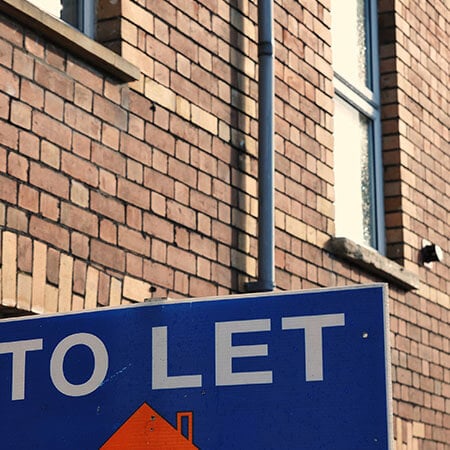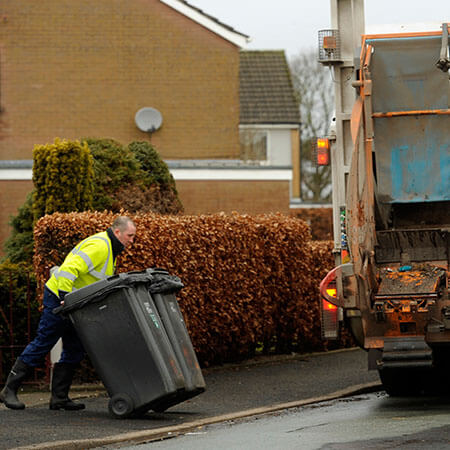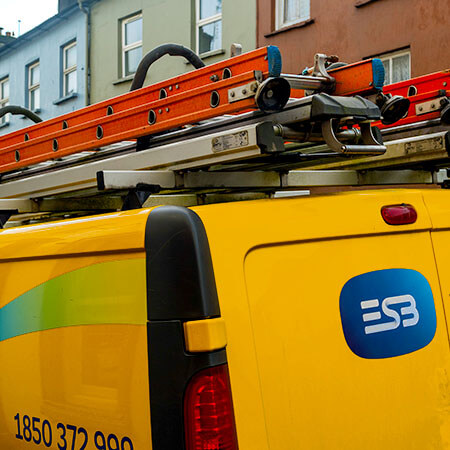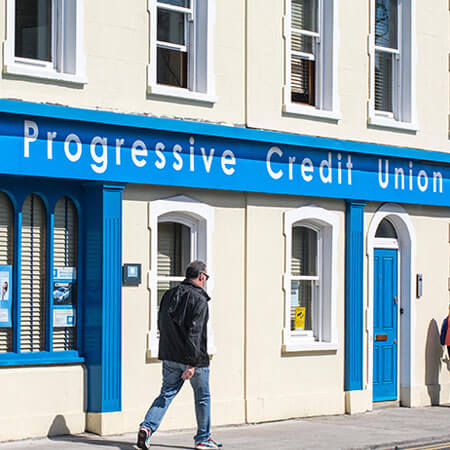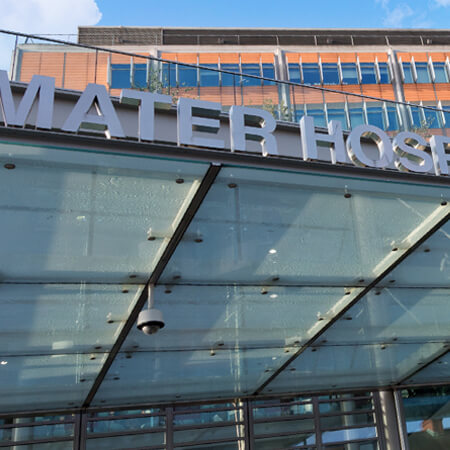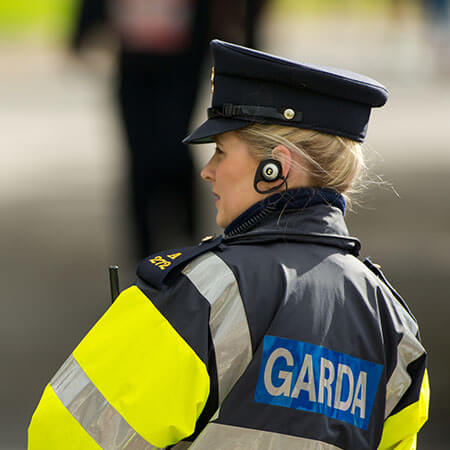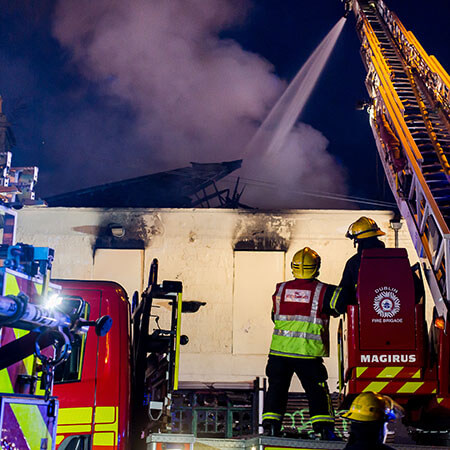Making your home in a new city can be hard. It takes lots of planning to relocate, but that’s just the start. Once you arrive, you’ll need to find accommodation, set up bank accounts and find your nearest bus stop. Getting settled in Dublin takes time, but plenty of resources are available to help.
Ask your employer or college
Some employers, universities and colleges in Dublin have staff that will help you get settled. DCU and TU Dublin, for example, have international offices that assist with the likes of students visas and accommodation searches.
Search for Facebook groups
Many new arrivals to Dublin will be able to find Facebook groups set up by compatriots who already live here. Groups like Brazilians Living in Dublin, Indians in Dublin and American expats in Dublin provide the perfect platform for getting advice from those who’ve been through it all before. Whether you’re looking for guidance on visas or hunting for food from home, they can be a gold mine of information.
Check for advice from your government
Some nations provide helpful guidance for citizens who are relocating to Ireland. They often highlight important information like contrasting laws and reciprocal healthcare agreements. Here is advice from the Australian Government, the UK Government and the US Embassy, for example. It’s also a good idea to check if your country has an embassy in Ireland that you can turn to for guidance.
Bookmark these websites
Our website, Dublin.ie, provides a range of useful articles for anyone who has just settled in Dublin. We suggest browsing the pages for practical information like how to connect utilities, opening a bank account and an introduction to Irish employment rights.
It’s also a good idea to bookmark the Citizen’s Information website. It is run by a statutory body which provides the public with reliable information and advice on life in Ireland. It covers a wide range of topics from rights and taxation to redirecting mail and reading Irish product labels.
If you’re getting settled in Dublin, check out the articles below for information on everything from finding accommodation to sorting your recyclables.
